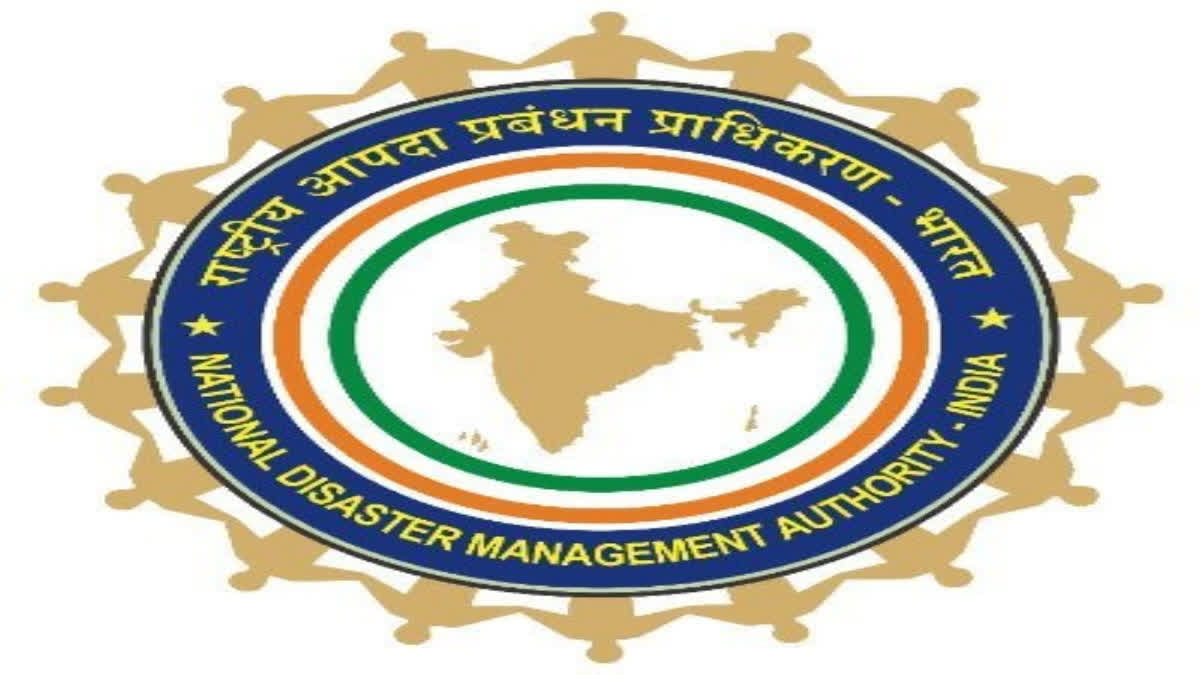New Delhi: Expressing serious concern over India's vulnerability to disasters, particularly forest fires, the National Disaster Management Authority (NDMA) and Ministry of Environment, Forest and Climate Change (MoEF&CC) on Thursday called for a community-centric approach to enable local populations to take proactive roles in fire management.
Strategies for training ground-level staff, including forest guards and local volunteers have also been emphasised in dealing with forest fires.
The NDMA in collaboration with MoEF&CC hosted a brainstorming workshop titled 'Forest Fire and Its Challenges' here which witnessed state representatives, experts, policymakers, and practitioners in forest fire management addressing the escalating challenges posed by forest fires in the country.
The workshop highlighted the country's vulnerability to disasters, particularly forest fires, which have surged in frequency and intensity due to climate change, rising temperatures, and urbanisation. Recent devastating incidents, including fires in Simlipal National Park, Odisha, and various regions in Tamil Nadu and Uttarakhand, underscored the urgency of the issue.
The importance of developing effective early warning systems, enhancing infrastructure, and fostering community participation was emphasised during the programme.
Rajendra Singh, Member and HoD, NDMA put forth a three-point strategy on forest fire management focusing on timely prevention, preparedness, and community involvement.
He pressed on the need for 'Starting Early' as a preventive measure. Singh also highlighted the need for 'Good Forest Management' and requested all the state representatives present to manage their forests well before the forest fire season.
Emphasising on the need for larger 'Community Involvement', Singh said that local community and volunteer groups from the area concerned must be made stakeholders in the forest management plan of states.
Rajesh S, IG (Forest Protection Division), MoEF&CC highlighted good practices in forest management being implemented across the country. He said while forest fires are a natural part of the ecosystem, the challenge arises when they become uncontrollable.
Stressing the need to enhance policies and plans for effective forest fire management, Rajesh S said that there has been a slight reduction in the forest fire incidents in the latest forest fire season in contrast to the previous season and attributed this achievement to enhanced fire dousing efficiency and greater coordination within the stakeholders of the ecosystem.
He also applauded NDMA for being instrumental in coordinating the whole ecosystem yielding positive results.



